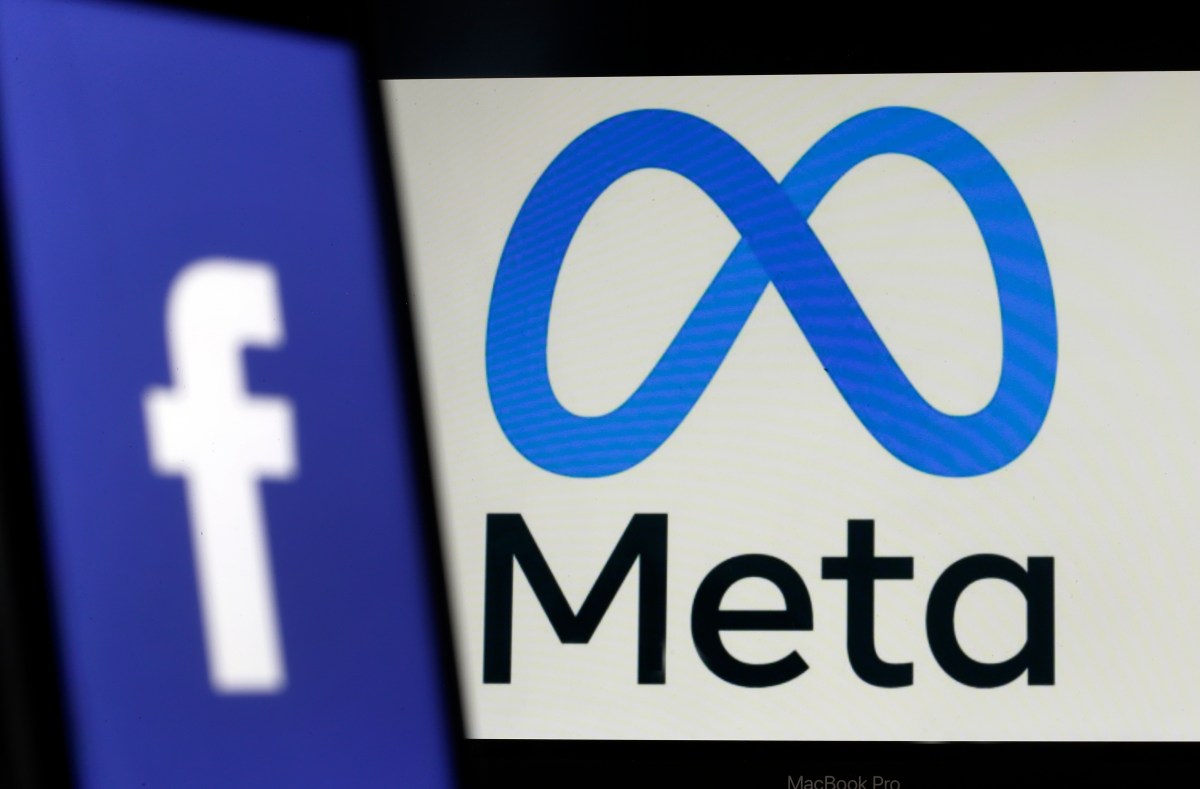The Download: autocorrect’s surprising origins, and how to pre-bunk electoral misinformation
This is today’s edition of The Download, our weekday newsletter that provides a daily dose of what’s going on in the world of technology.
How the quest to type Chinese on a QWERTY keyboard created autocomplete
—This is an excerpt from The Chinese Computer: A Global History of the Information Age by Thomas S. Mullaney, published on May 28 by The MIT Press. It has been lightly edited.
When a young Chinese man sat down at his QWERTY keyboard in 2013 and rattled off an enigmatic string of letters and numbers, his forty-four keystrokes marked the first steps in a process known as “input” or shuru.
Shuru is the act of getting Chinese characters to appear on a computer monitor or other digital device using a QWERTY keyboard or trackpad.
The young man, Huang Zhenyu, was one of around 60 contestants in the 2013 National Chinese Characters Typing Competition. His keyboard did not permit him to enter these characters directly, however, and so he entered the quasi-gibberish string of letters and numbers instead: ymiw2klt4pwyy1wdy6…
But Zhenyu’s prizewinning performance wasn’t solely noteworthy for his impressive typing speed—one of the fastest ever recorded. It was also premised on the same kind of “additional steps” as the first Chinese computer in history that led to the discovery of autocompletion. Read the rest of the excerpt here.
If you’re interested in tech in China, why not check out some of our China reporter Zeyi Yang’s recent reporting (and subscribe to his weekly newsletter China Report!)
+ GPT-4o’s Chinese token-training data is polluted by spam and porn websites. The problem, which is likely due to inadequate data cleaning, could lead to hallucinations, poor performance, and misuse. Read the full story.
+ Why Hong Kong is targeting Western Big Tech companies in its ban of a popular protest song.
+ Deepfakes of your dead loved ones are a booming Chinese business. People are seeking help from AI-generated avatars to process their grief after a family member passes away. Read the full story.
The must-reads
I’ve combed the internet to find you today’s most fun/important/scary/fascinating stories about technology.
1 Election officials want to pre-bunk harmful online campaigns
It’s a bid to prevent political hoaxes from ever getting off the ground. (WP $)
+ Fake news verification tools are failing in India. (Rest of World)
+ Three technology trends shaping 2024’s elections. (MIT Technology Review)
2 OpenAI has started training the successor to GPT-4
Just weeks after it revealed an updated version, GPT-4o. (NYT $)
+ OpenAI’s new GPT-4o lets people interact using voice or video in the same model. (MIT Technology Review)
3 China is bolstering its national semiconductor fund
To the tune of $48 billion. (WSJ $)
+ It’s the third round of the country’s native chip funding program. (FT $)
+ What’s next in chips. (MIT Technology Review)
4 Nuclear plants are extremely expensive to build
The US needs to learn how to cut costs without cutting corners. (The Atlantic $)
+ How to reopen a nuclear power plant. (MIT Technology Review)
5 Laser systems could be the best line of defense against military drones
The Pentagon is investing in BlueHalo’s AI-powered laser technology. (Insider $)
+ The US military is also pumping money into Palmer Luckey’s Anduril. (Wired $)
+ Inside the messy ethics of making war with machines. (MIT Technology Review)
6 Klarna’s marketing campaigns are the product of generative AI
The fintech firm claims the technology will save it $10 million a year. (Reuters)
7 The US has an EV charging problem
Would-be car buyers are still nervous about investing in EVs. (Wired $)
+ Micro-EVs could offer one solution. (Ars Technica)
+ Toyota has unveiled new engines compatible with alternative fuels. (Reuters)
8 Good luck betting on anything that’s not sports in the US
The outcome of a major election, for example. (Vox)
+ How mobile money supercharged Kenya’s sports betting addiction. (MIT Technology Review)
9 Perfectionist parents are Facetuning their children
It goes without saying: don’t do this. (NY Mag $)
10 Why a movie version of The Sims never got off the ground
The beloved video game would make for a seriously weird cinema spectacle. (The Guardian)
Quote of the day
“Once materialism starts spreading, it can have a bad influence on teenagers.”
—Chinese state media Beijing News explains why China has started cracking down on luxurious influencers known for their ostentatious displays of wealth, the Financial Times reports.
The big story
Recapturing early internet whimsy with HTML

December 2023
Websites weren’t always slick digital experiences.
There was a time when surfing the web involved opening tabs that played music against your will and sifting through walls of text on a colored background. In the 2000s, before Squarespace and social media, websites were manifestations of individuality—built from scratch using HTML, by users who had some knowledge of code.
Scattered across the web are communities of programmers working to revive this seemingly outdated approach. And the movement is anything but a superficial appeal to retro aesthetics—it’s about celebrating the human touch in digital experiences. Read the full story.
—Tiffany Ng
We can still have nice things
A place for comfort, fun and distraction to brighten up your day. (Got any ideas? Drop me a line or tweet ’em at me.)
+ Enjoy this potted history of why we say okay, and where it came from.
+ There is something very funny about Elton John calling The Lion King’s Timon and Pumbaa “the rat and the pig.”
+ The best of British press photography is always worth a peruse.
+ I had no idea that Sisqo’s Thong Song used an Eleanor Rigby sample.




